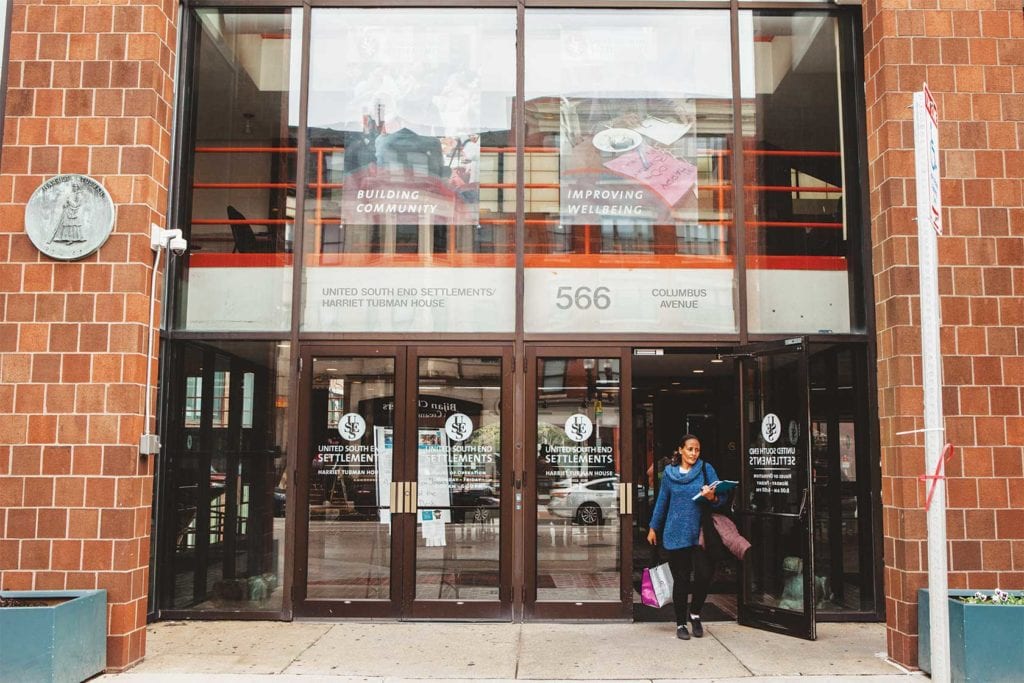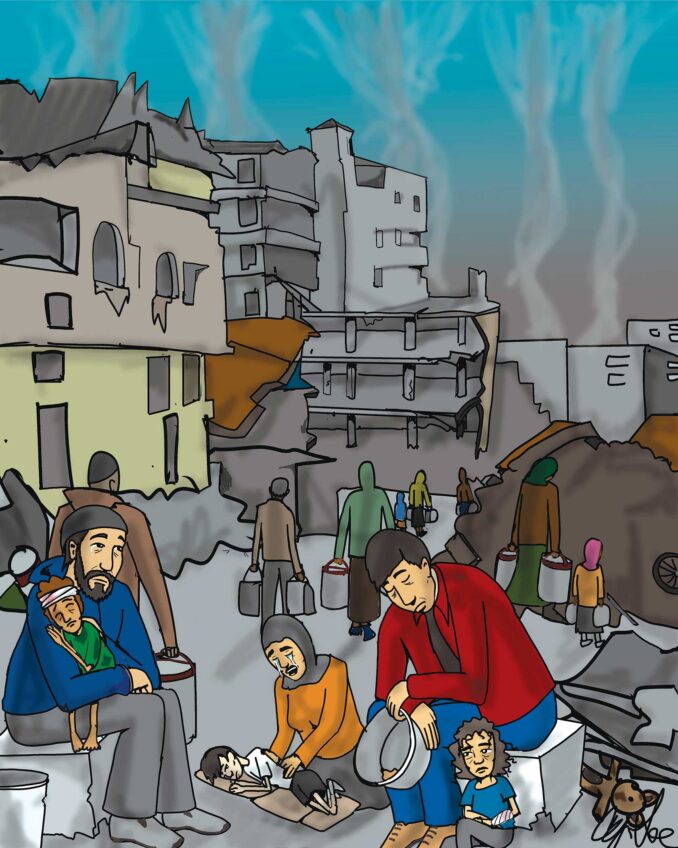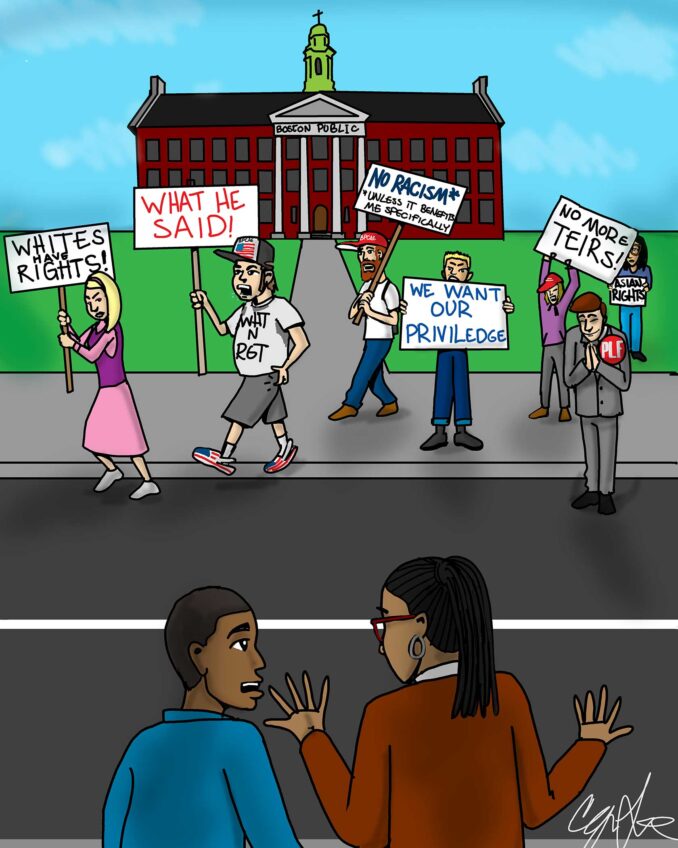
Shortly after I arrived in Boston, I joined the Roxbury Multi-Service Center as a social worker in 1965. It was there that I received the expertise and support to help establish La Alianza Hispana in 1970. Through those years, I learned that the most important work in our communities requires nonprofit service providers who care and provide support to those who need our help the most. I also know that without the support of strong leaders willing to make difficult decisions, those services are in jeopardy. It is difficult to finance this work. After more than 50 years the Roxbury Multi-Service Center is no longer there serving people in our community.
Today, the United South End Settlements has been faced with a similarly difficult decision. They are in jeopardy of closing their doors. Hundreds of families will be without affordable childcare, and 50 people without jobs. The difference now is that USES has a plan to save those vital services. There is willingness of leadership to do what is necessary to preserve the organization’s work and continue to serve the community, leading us to a more positive and impactful outcome. Last week, our community took part in a difficult conversation about the future of 566 Columbus Ave — the building known as the Harriet Tubman House. What the organization’s leadership has made clear to all of us is that if this building is not sold, USES will close. They also made clear their plan for the future and the plan to keep the legacy of Harriet Tubman alive, disrupting the cycle of poverty for our families.
Selling a property in order to preserve an organization’s future and that of the people it serves is not a new precedent. When USES was incorporated in 1966, it owned five properties in the South End — 20 Union Park, 277 Shawmut Ave., 27 Holyoke St., 48 Rutland St., and the Children’s Art Centre, as well as Camp Hale. Three of those properties (Union Park, Shawmut Ave. and Holyoke Street) were all sold to minority nonprofits, who within a year sold them for condominium development.
In 1975, USES moved its main operations into 566 Columbus Avenue. The creation of this new central operations suffered from the beginning. Upon move-in, the organization discovered they couldn’t pay the electric bills, and began a series of patchwork repairs to use the building that have resulted in its current, unsustainable structure.
This building is not what makes USES the special organization it is. What makes USES special is a longstanding commitment to lifting up our neighbors and, again and again, breaking the cycle of generational poverty for South Enders. I encourage all of my neighbors to keep this shared goal in mind as the leaders of USES make the difficult decisions required to achieve it.
South End resident Frieda Garcia served as executive director of United South End Settlements from 1981 to 2001.






